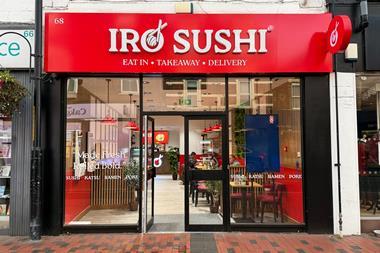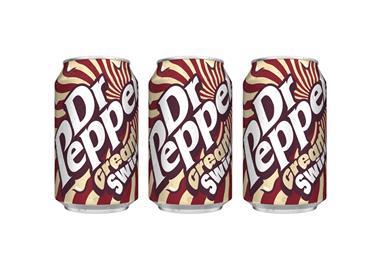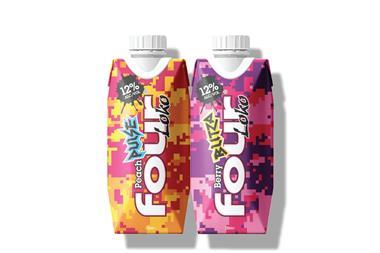The government will not introduce new legislation to enforce country-of-origin labelling despite calls from some parts of the industry for mandatory requirements to be brought in.
Food and agriculture minister Jim Paice said that although the option of legislation remained open in theory, he was confident of a "dramatic change" in labelling by the middle of next year without it.
His words came after Dairy UK last week warned a mandatory element was essential for the new labelling regime to be effective.
"It's interesting to hear Dairy UK calling for mandatory rules, but at the moment the supermarkets are moving quite fast on this and I don't think it will be necessary," said Paice.
Defra is talking to retailers as well as the fresh meat and dairy industries about how to achieve clearer origin labelling on supermarket packs.
Country-of-origin labelling has long been a cause célèbre of the Conservative party, which included a pledge for more transparent labelling in its election manifesto. The scope of its ambitions, however, has been reined in, with the new proposals applying to fresh meat and dairy products only, rather than any product containing more than 10% meat, as the party had planned when in opposition.
"We are not proposing at this moment to require either voluntarily or mandatory country-of-origin labelling on the really processed meals," said Paice.
He also said he favoured dual labelling that spelt out both place of farming and place of manufacture, as is being implemented in the pigmeat industry under the Pork Provenance scheme. "I think the consumer would want to know that even if the cheese were made here, it was made from imported milk or milk powder," Paice said.
The EU is also looking at introducing new food labelling rules. Paice acknowledged there was a risk that the UK's approach would be superseded by mandatory new rules from Europe but said it was possible to change labelling so quickly these days that he did not foresee any problems.
Food and agriculture minister Jim Paice said that although the option of legislation remained open in theory, he was confident of a "dramatic change" in labelling by the middle of next year without it.
His words came after Dairy UK last week warned a mandatory element was essential for the new labelling regime to be effective.
"It's interesting to hear Dairy UK calling for mandatory rules, but at the moment the supermarkets are moving quite fast on this and I don't think it will be necessary," said Paice.
Defra is talking to retailers as well as the fresh meat and dairy industries about how to achieve clearer origin labelling on supermarket packs.
Country-of-origin labelling has long been a cause célèbre of the Conservative party, which included a pledge for more transparent labelling in its election manifesto. The scope of its ambitions, however, has been reined in, with the new proposals applying to fresh meat and dairy products only, rather than any product containing more than 10% meat, as the party had planned when in opposition.
"We are not proposing at this moment to require either voluntarily or mandatory country-of-origin labelling on the really processed meals," said Paice.
He also said he favoured dual labelling that spelt out both place of farming and place of manufacture, as is being implemented in the pigmeat industry under the Pork Provenance scheme. "I think the consumer would want to know that even if the cheese were made here, it was made from imported milk or milk powder," Paice said.
The EU is also looking at introducing new food labelling rules. Paice acknowledged there was a risk that the UK's approach would be superseded by mandatory new rules from Europe but said it was possible to change labelling so quickly these days that he did not foresee any problems.



















No comments yet